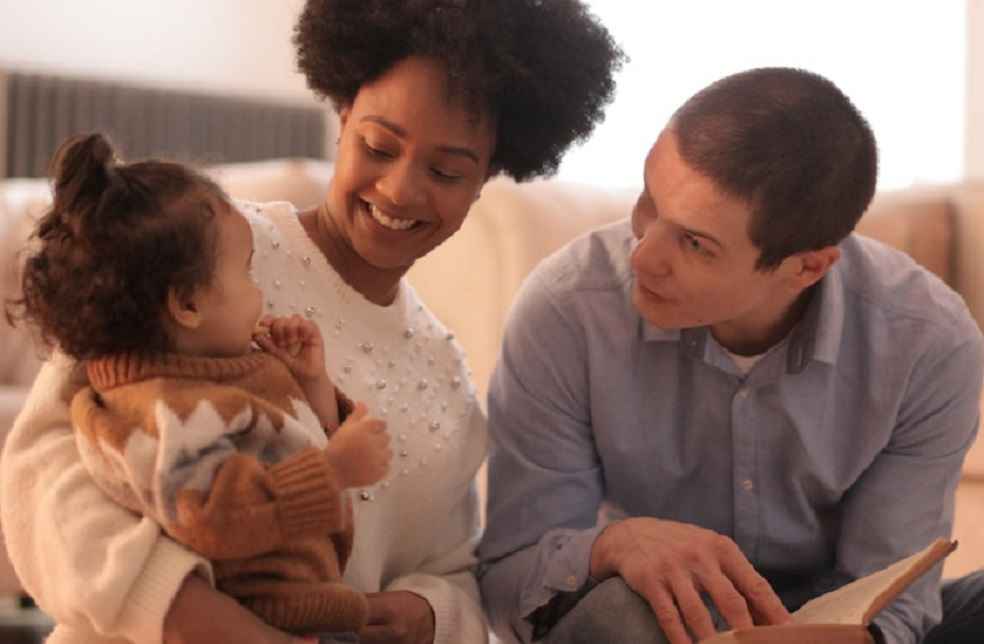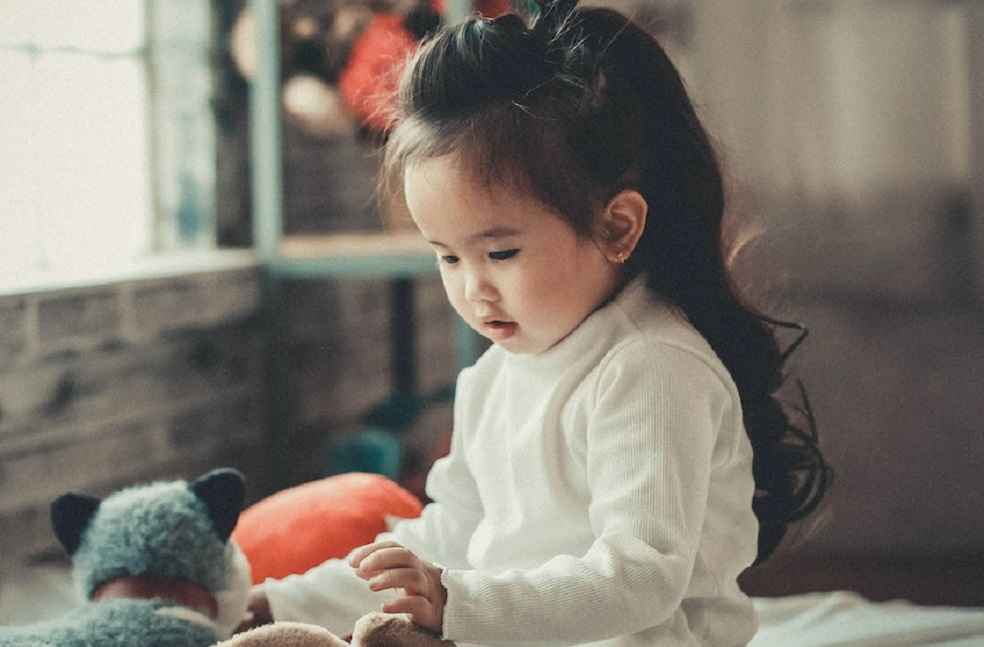Ireland: According to an Irish research, infants born during the first COVID-19 lockdown achieved lesser developmental milestones at age one compared to those who born before the outbreak, however, they may have crawled quickly.
In 2020, when COVID-19 restrictions and mask wearing prevented numerous social activities, such as toddler rhyme-times, antenatal group outings, and cuddling with grandparents, some 600,000 babies were born in Britain and an additional 60,000 in Ireland.
Since then, parents and psychologists have thought about how such forced isolation affected social development in babies.

Dr. Susan Byrne, a pediatric neurologist at the Royal College of Surgeons in Ireland, remarked that “The Irish lockdown, in particular, was a very stringent lockdown, during the first six months, the families [we studied] were in contact with only four other people outside the family unit, on average, and by the time they reached 12 months, one in four of the babies hadn’t met another child their own age.”

The research, which was written in the medical journal Archives of Disease in Childhood, revealed that the pandemic lockdown had a minor but apparent impact on infants’ language and interaction abilities. They were less likely to be able to wave “bye-bye” (94.5 percent vs. 88 percent), have one distinct and meaningful phrase (89 percent vs. 77 percent), or be able to point at people or things (93 percent vs. 84 percent) than pre-pandemic infants.
Although more of them were able to crawl (91 percent vs. 97.5 percent), may be because they spent more time on the ground than in automobiles and strollers.

“It’s interesting, because a lot of these babies were at home and not seeing many people leave, meaning there wouldn’t have been anybody to say ‘bye-bye’ to. Babies also tend to point when they see new things that they want, but if they weren’t going outside, they would have already known about everything in their environments.” Dr. Byrne noted.
Dr. Byrne emphasized that the gaps were minor and that there were many things parents could do to assist toddlers in catching up, such as reading and conversing with them frequently.



